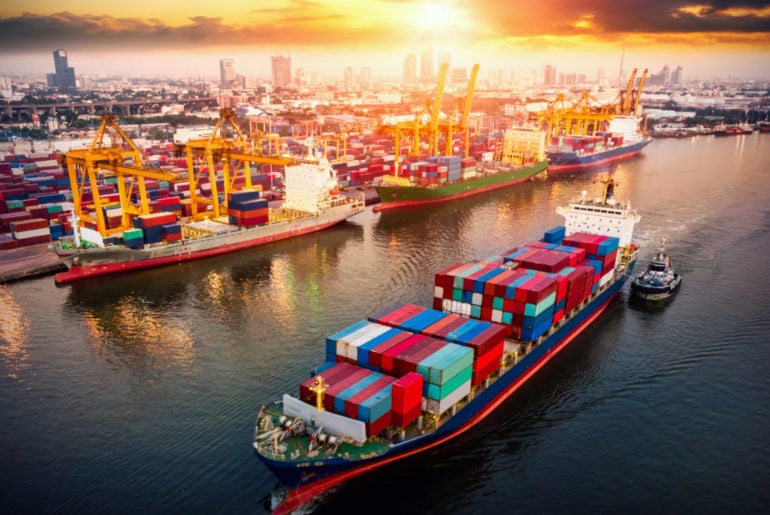Our latest Doing Business in South Africa Guide outlines some of the principal matters affecting an overseas entity that wishes to establish and operate a business in the country. The Guide offers a range of practical advice and useful guidance for entities seeking to do business in the country.
On 27 June 2023, the US Departments of State, the Treasury, Labor, Commerce, and Homeland Security, and the United States Agency for International Development issued a joint advisory — the Africa Gold Advisory — that (i) highlights the opportunities and specific risks raised by the gold trade across sub-Saharan Africa and (ii) encourages industry participants to adopt and apply strengthened due diligence practices to guard against such risks.
Almost half of the population of Africa does not have access to electricity. It is, therefore, critical for the continent to increase its access to a clean, decarbonized, decentralized energy supply.
To enable this energy transition, countries across the continent are implementing policies that take into account the energy crisis. Alongside other jurisdictions, they are also launching initiatives and providing funding, investments and grants for African renewable energy projects.
The African Growth and Opportunity Act (AGOA), which allows duty- and quota-free exports from eligible African countries into the United States, is due to expire in 2025. There has been much speculation that it might be replaced with new trade agreements between the two regions that will follow the free trade policies of the African Continental Free Trade Area agreement and the reciprocal trade initiatives promoted as part of the US’s Prosper Africa initiative. It has also been suggested that an evolved AGOA might be the way forward, creating an increasingly mutually beneficial trade relationship between the two regions.
As of the world’s top producers of many critical minerals, Africa is gearing up for its role in powering global energy transition. Its vast critical mineral store, including cobalt, copper, bauxite, chromium, high purity iron ore, platinum group metals, lithium and rare earth metals, is in high demand globally. For Africa, the focus now is on the sustainable growth of its mineral mining operations and production facilities, so that the gains from its natural resources can be of benefit to the continent and its people.
As more of Africa’s power is generated via renewable energy, the need for reliable energy storage has become increasingly important for grid resilience and flexibility. This necessitates the mass adoption of energy storage as a balancing asset. As a result, numerous battery storage projects and initiatives are underway across the continent.
Competition authorities the world over have observably expanded their consideration of transactions from applying a purely competition-focused lens to one that incorporates the broader needs of society. Many African merger control regimes have developed a competition policy approach that balances traditional competition law considerations with public interest concerns, especially in terms of market concentration, access to competitive markets for small and medium enterprises and employment considerations.
The main objectives of the African Continental Free Trade Area (AfCFTA) agreement are to create a single continental market for goods and services with free movement of business persons and investments, and thus to pave the way to accelerate the establishment of a customs union in the future.
The AfCFTA agreement has the ultimate goal of increasing the ease of trade and investment across African borders as well as eliminating tariffs on intra-African trade, reducing unemployment, increasing infrastructure development and creating a more competitive and sustainable environment for cross-border trade.
The AfCFTA entered into force on 30 May 2019, and trade under the AfCFTA started on 1 January 2021.
As a top producer of numerous critical mineral commodities, Africa is set to benefit from the rapid increase in the rate of global energy transition, with the continent’s mining industry playing a role in sourcing and supplying these critical minerals for use in clean energy initiatives. Exporting these critical minerals as raw materials, however, reduces Africa’s trading position to one of price takers, and the current disruptions in global supply chains are hampering the trade of these commodities in Africa, with mining companies subject to long delays and higher costs. The African Continental Free-Trade Area, implemented in 2021, acts as a strong impetus for African governments to address their infrastructure gaps, streamline their supply chains, boost their manufacturing capacity and overhaul regulation relating to trade, cross-border initiatives, investment-friendly policies and capital flows.
The strengthening partnership between the United States and Africa is having a positive impact on the myriad of trade and investment opportunities created by the African Continental Free Trade Area. At the recent US-Africa Leaders’ Summit in Washington, DC in December 2022, a number of exciting initiatives and investments were announced by the US to boost two-way trade and investment between the two regions.



